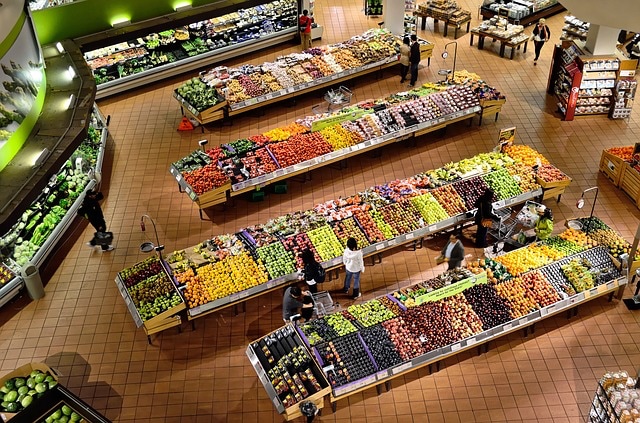|
We know it can be terribly confusing when you start a nutritious diet. What foods really are healthy and which are, well not so much? And, then we can become bewildered when we see all the varied products offered in both organic and non-organic options. It’s enough to make you go back to packaged meals! But don’t give up yet below we’ve outlined when it’s best to buy organic and when it’s best skipped.
There are several reasons why you may want to consider purchasing organic produce and other food products. For some it could be that organic options may reduce exposure to pesticides, or they’re concerned about animal welfare, the impact on the environment, or added hormones or antibiotics. All of the reasons above are legitimate but your pocketbook may not agree, so below you will find what to buy organic and what to skip. What we suggest you purchase organic: Strawberries Apples Peaches & Nectarines Grapes Celery Leafy Greens Bell Peppers Tomatoes Potatoes Dairy Soy Coffee Beef What we suggest you skip organic: Sweet Potato Onion Kiwi Pineapple Avocado Quinoa You’ll want to be sure to thoroughly wash all your produce whether you purchase organic or not. Using running cold water for at least 30 seconds is ideal, and you do not need to use soap or special cleaning products. Be sure to wash all produce even if you’re going to remove the skin - even though you’re not eating the skin the dirt on it can get transfer to the knife you use to cut your produce and can end up contaminating your fruit or vegetable. Some fruits and vegetables like strawberries or cauliflower that are a little more difficult to wash may be soaked in a bowl of 4 parts water to 1 part plain white vinegar for 20 minutes. Other items that may be important for your consideration are purchasing cookware that is stainless steel, ceramic or cast iron. Choose to use an air-popper when making popcorn instead of buying the microwavable bags. Think about using natural cleaning products, and definitely use reusable water bottles, BPA free, both of these changes are environmentally considerate as well. And speaking of containers many food-storage containers are made of the same chemical, BPA, so think about purchasing glass containers to use instead. Comments are closed.
|
Categories
All
Author BioNatatia Gemmell. |
Functional Performance Fitness
|
Settlers Ridge Centre 275 Brockville St, Unit 14 Smiths Falls, ON K7A 4Z6 Phone: (613) 205-1234 Email: [email protected] Staffed Gym Hours Monday - Friday: 8 am - 8 pm Saturday: 8 am - 12 pm 24 Hour Gym 24 hour with key fob access Privacy Policy Terms of Use |


 RSS Feed
RSS Feed